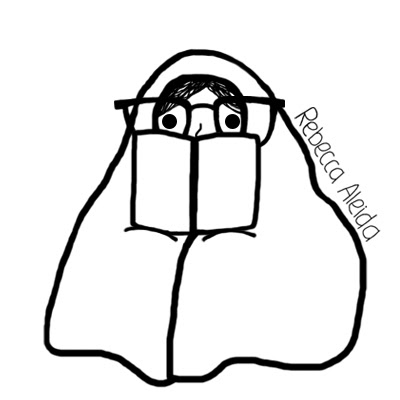When we talk about millennials both we (millennials) and older generations frame the conversation with "firsts" and "onlys." We were the first generation to grow up with the internet and the first to grow up in the wake of a terrorist attack on American soil. No generation has been as progressive and revolutionary. No generation has been as lazy and entitled.
In every think piece, every disparaging facebook post and every comment, millennials are characterized as a distinctly new group.
As millennials, it's easy to convince ourselves that our struggles, our problems, and our feelings are entirely new and unique to our generation. At least I'm sometimes guilty of thinking that way.
But then I read The Bell Jar.
Sylvia Plath's The Bell Jar was published in 1963. It is a coming of age story about Esther Greenwood, chronicling her growing depressing and her subsequent stay in a mental hospital. Plath's prose is simultaneously achingly beautiful and effortlessly conversational. Plath draws the reader into Esther's mind so we completely understand her journey from an impressive New York City internship to recuperating in a mental hospital.
The book is also a critique of society and the expectations for women in the 1960s. However, although much has changed and much has improved since the 1960s, Esther's struggles, with her self-worth, with her future, with her womanhood, are still relatable today.
When Ester considers her future after school she describes her life like a fig tree.
"I saw my life branching out before me like the green fig tree in the story. From the tip of every branch, like a fat purple fig, a wonderful future beckoned and winked... I saw myself sitting in the crotch of this fig tree, starving to death, just because I couldn't make up my mind which of the figs I would choose. I wanted each and every one of them, but choosing one meant losing all the rest, and, as I sat there, unable to decide, the figs began to wrinkle and go black, and, one by one, they plopped to the ground at my feet"
That indecision, the feeling of having both too many opportunities and too many limitations resonated with me a year into my post grad life. Like Esther I thrived off the structure and stability of the education system. Looking into the formless, undefined future is terrifying and paralyzing. Like Esther I had a hard time getting out of bed and a harder time motivating myself to the simplest tasks. Her fear and her indecision throughout the novel were my fears, my indecisions.
Though written 50 years ago, millennials can see ourselves in The Bell Jar. It's almost like what defines us as millennials are also some of the same traits that define us all as human.
















